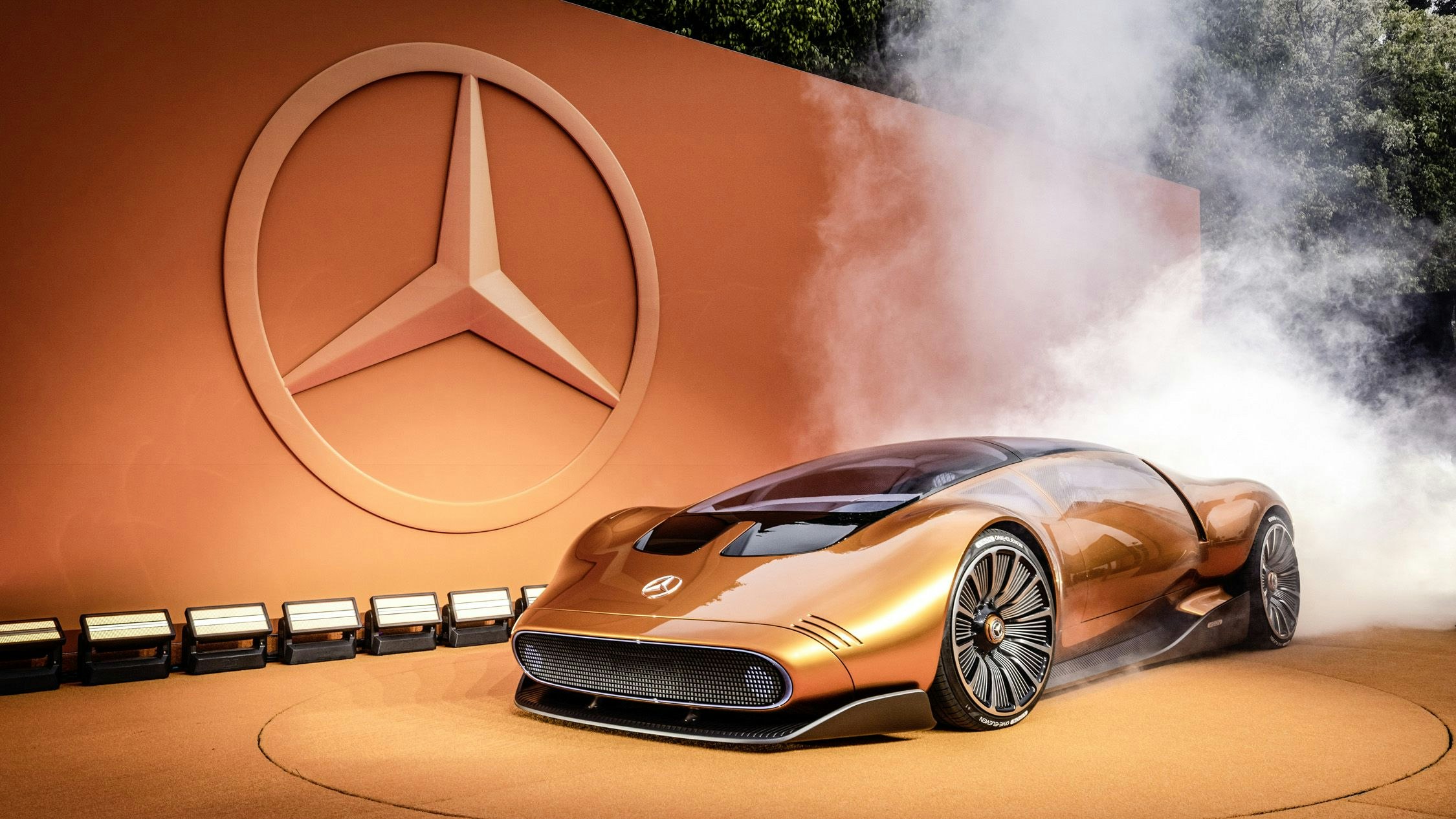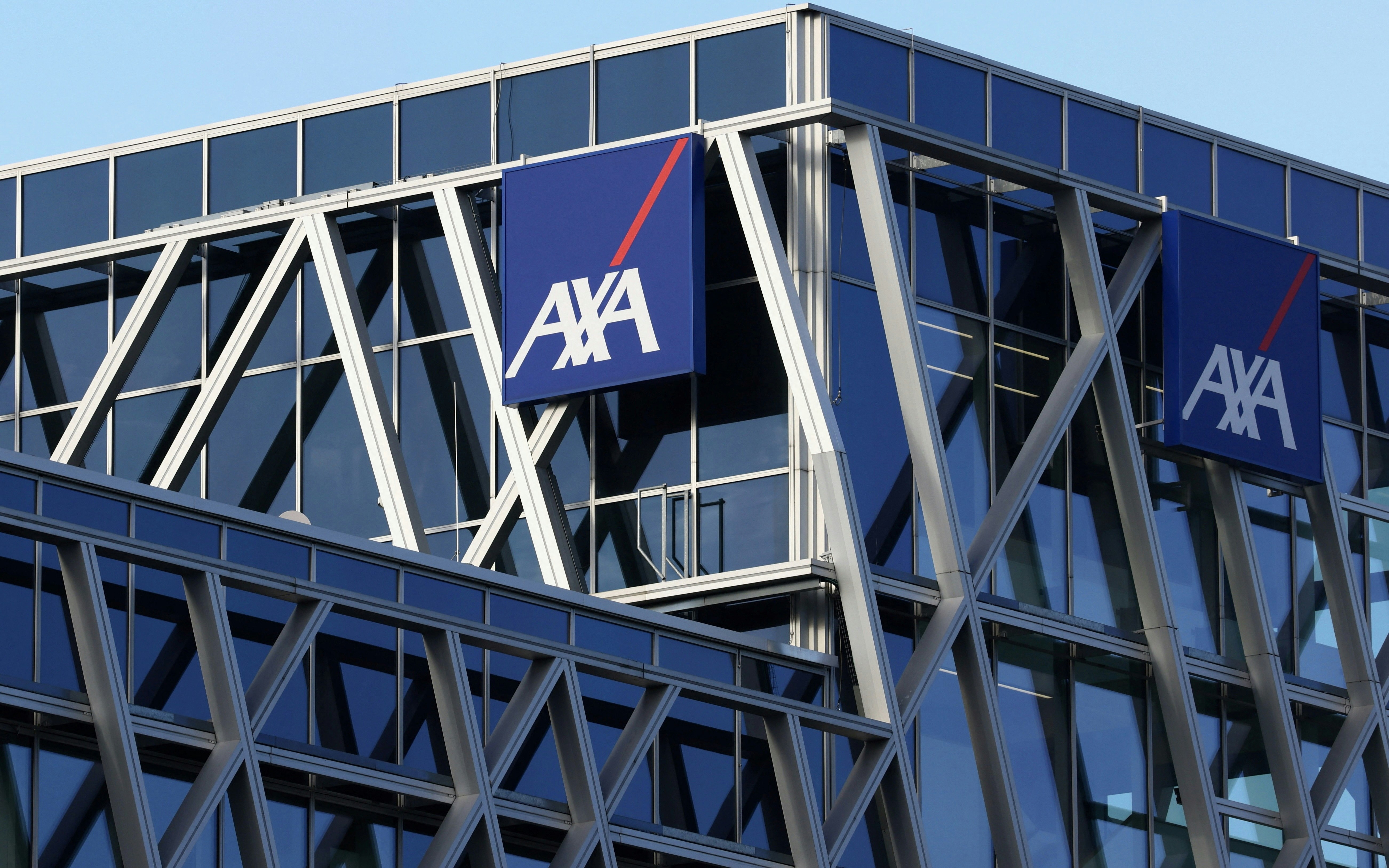Business
Mercedes-Benz scales back electric goals: Course correction in e-mobility
Automaker exceeds expectations, but lags in electric vehicle quota: Källenius continues to rely on internal combustion engines beyond 2030.

The carmaker has missed strict plans to establish fully electric cars in its sales. According to internal plans, over 20 percent of Mercedes-Benz's sales should have been achieved with electric vehicles by 2023. In reality, the share of electric vehicles last year was only twelve percent of the two million cars delivered. This means a shortfall of at least 168,000 cars below plan. CEO Ola Källenius was sharply criticized for this on the supervisory board.
To shift the focus back to combustion engine vehicles, Källenius has now decided to end his "Electric-only" strategy. Instead of the previous goal to sell only all-electric new cars from 2030, the manager now assumes that sales of battery-electric vehicles and plug-in hybrids will constitute a maximum of half of the total sales by the end of the decade.
This step goes hand in hand with an extension of the lifecycles of key combustion engine models such as the S-Class, E-Class, GLC, or GLE by two to three years, so that they will remain on the market for up to ten instead of the usual seven years.
In his statement on Thursday, Källenius continued to emphasize the goal of complete CO2 neutrality for Mercedes-Benz in the future. However, he showed understanding for a non-linear course of this transition, akin to a rollercoaster ride, and the need for tactical flexibility. This phrasing is currently often used by Källenius, who admits to having been too optimistic about the development of electric mobility six years ago.
In addition to the challenges in the field of electric mobility, Mercedes-Benz also faced difficulties in the past fiscal year. Supply problems with key models and a difficult market environment led to a decline in the automaker's profit. The operating result (EBIT) fell by 4 percent to 19.7 billion euros, while revenue increased slightly to 153.2 billion euros.
The return in the main car division fell by 2 percentage points to 12.6 percent, while the van division recorded an increase in profit of just under two-thirds, resulting in a margin of 15.5 percent. Despite these challenges, Källenius emphasized that the transformation of the company is still proceeding successfully.
A reason for the decline in profits was the supply issue of the supplier Bosch, which had problems with 48-volt systems for combustion engines. This led to the fact that important models such as the GLC and the E-Class could not be delivered as planned, and the delivery of approximately 100,000 cars had to be postponed to the year 2024.
It remains to be seen how many customers will accept this delay and how it will impact sales figures. Bosch's CEO, Volkmar Denner, promises progress in resolving this supply issue, yet Mercedes's CFO, Harald Wilhelm, confirmed that there will still be effects in the first half of 2024. The two companies are holding executive-level talks about the issue and it is still unclear whether Bosch will be held accountable for the resulting damage.
Despite These Challenges, Mercedes-Benz Overall Exceeded Analysts' Expectations. According to data from LSEG, they had expected an average EBIT of 18.8 billion euros and a group result of 13.7 billion euros. The group's net profit was 14.5 billion euros, representing a decline of 2 percent compared to 2022.
The dividend for the past fiscal year is expected to amount to 5.30 euros per share, compared with 5.20 euros in the previous year. Employees will also receive a profit-sharing bonus of up to 7300 euros. For the current fiscal year, Källenius gives a cautious forecast, with an expected vehicle sales at the previous year's level and an Ebit margin that will be slightly below that of 2023. A sales forecast has not yet been made.
After a Sharp Downturn in October Last Year, Mercedes-Benz's Stock Price Has Somewhat Recovered, But Still Remains Significantly Below the 52-Week High of 76.10 Euros in June 2023. Markets are Uncertain Given the Challenging Market Environment. To Boost the Stock Price, Mercedes-Benz Continues Its Share Buyback Program and Plans to Repurchase Its Own Shares for Three Billion Euros.
This follows a buyback program launched a year ago for four billion euros and is expected to be completed by July 2025 at the latest. This would exhaust the legally limited volume of ten percent. Any further share buybacks would need to be approved by the annual general meeting in 2025. In total, Mercedes-Benz intends to repurchase shares for seven billion euros. On Thursday, the stock price responded positively to this announcement with an increase of more than 5 percent to just under 72 euros.
A key component of CEO Källenius's strategy is improving the company's margin. When he rose from head of development to CEO in mid-2019, the supervisory board tasked him with increasing the stagnant stock value. Together with CFO Harald Wilhelm, he radically restructured the company, by spinning off the truck division under the name Daimler Truck, selling the unprofitable mobility services business, and cutting thousands of jobs.
At the same time, the company is pursuing a strategy of margin over volume and is aiming to become a luxury car conglomerate by converting its high-powered vehicles to "electric-only". However, this is a challenge in the age of electric mobility: nearly nine out of ten new Mercedes cars still have a gasoline or diesel engine under the hood. The first electric SUV, the EQC, was discontinued due to lack of demand. The subsequent battery electric models EQA and EQB are not sufficiently technically different from the competition.
And with top-of-the-line limousines such as the EQE and EQS, the sleek design and tighter rear seat space turn off potential buyers. Particularly in China, where many vehicle owners have a driver and sit in the back seat.







